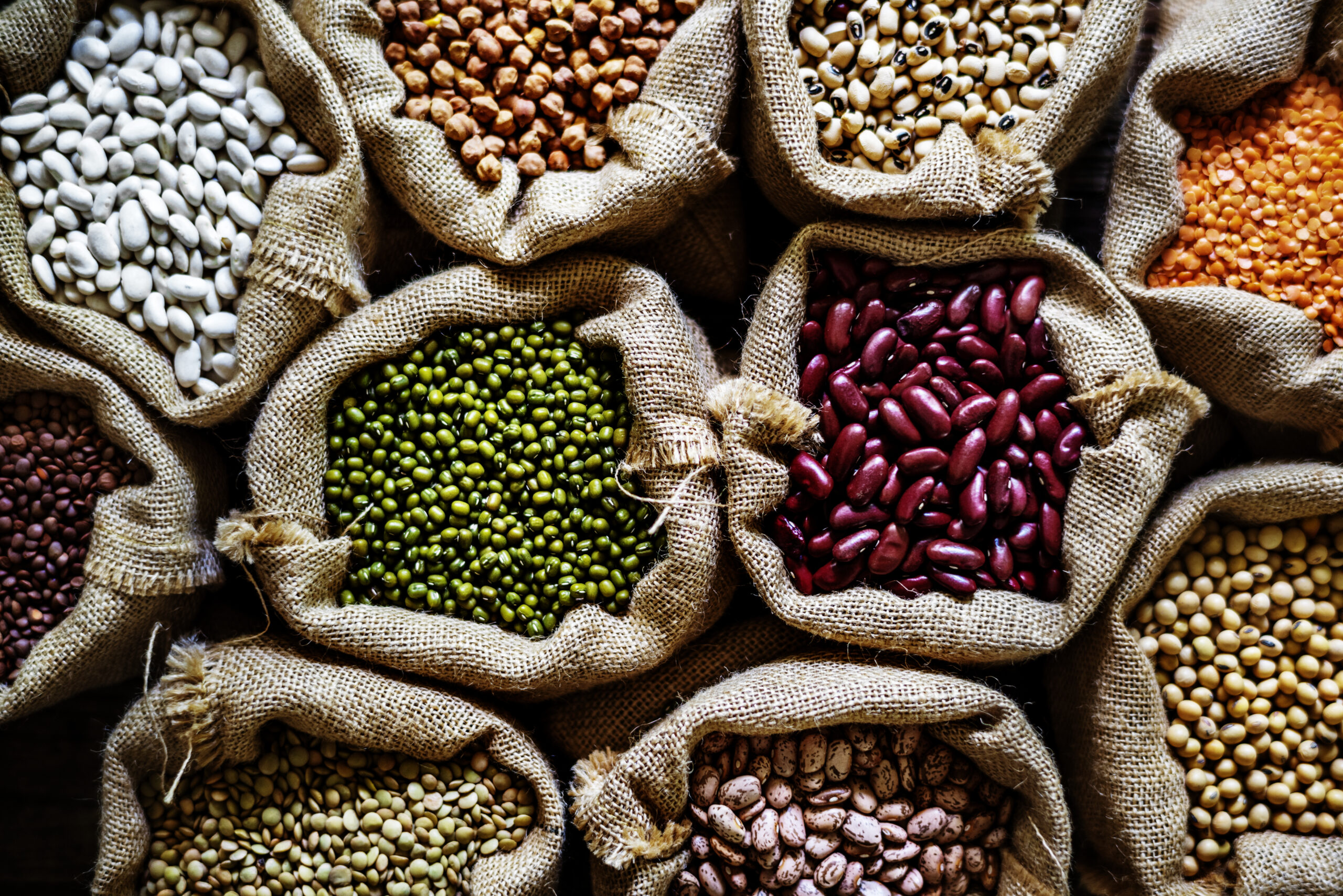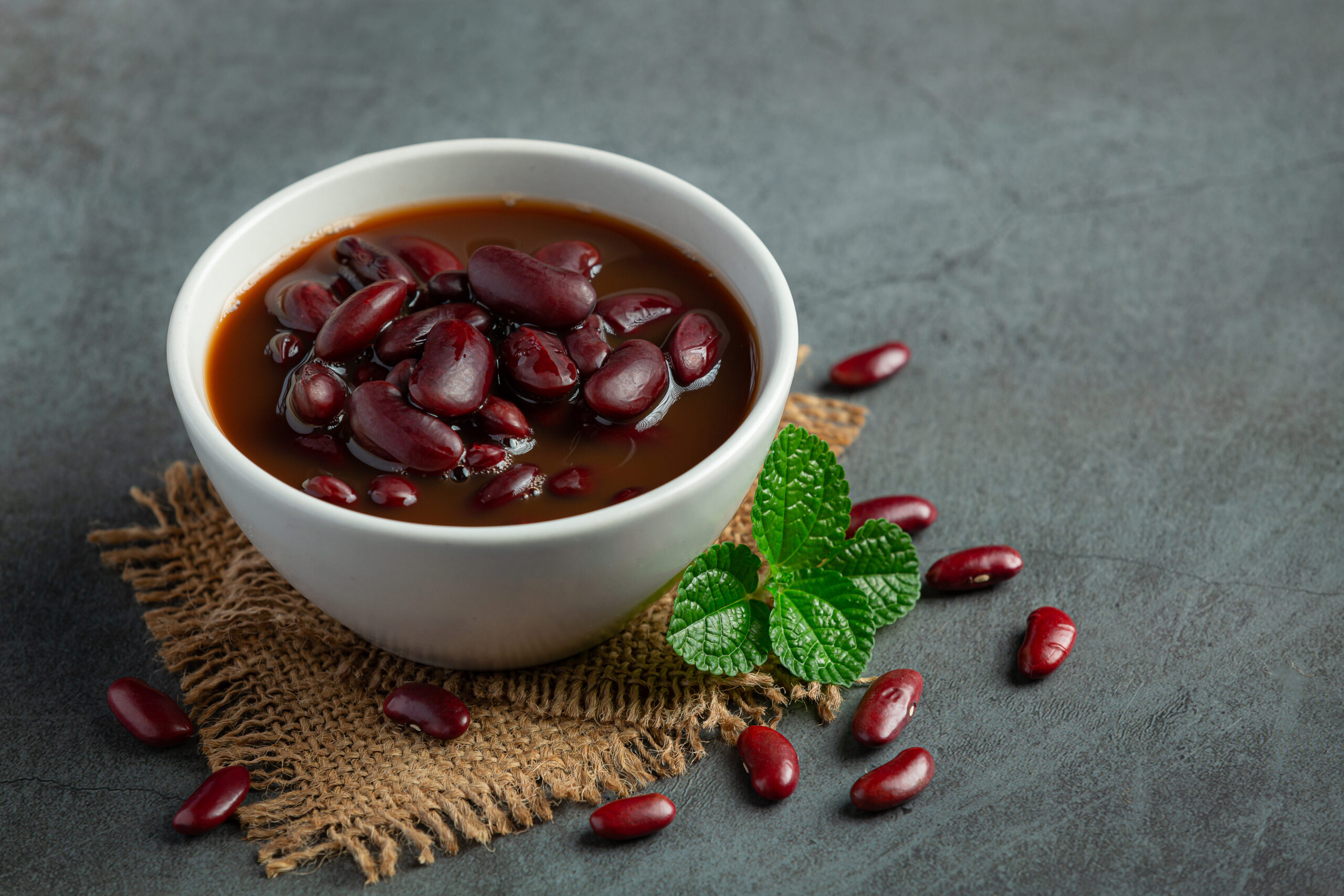How to eat beans without farting?
Beans are undeniably a nutritious and versatile addition to any diet, packed with fiber, protein, and essential vitamins.
However, for many, enjoying beans comes with an unwanted side effect – gas.
If you’ve ever wondered how to eat beans without farting and making mealtime a more pleasant experience for everyone involved, you’re not alone.
In this blog post, we’ll explore practical tips and strategies to help you savor the goodness of beans without the embarrassing aftermath, making your bean-based dishes a delight for your taste buds and your company.

Read: How to fart less often?
Why Do Beans Cause Flatulence?
Understanding why beans lead to increased gas production is essential in managing this issue.
Let’s explore the primary reasons behind the gassiness associated with beans and add two more to the list.
1. They Are High in Complex Carbs:
One of the primary reasons beans can lead to flatulence is their high content of complex carbohydrates.
Beans contain a type of carbohydrate called oligosaccharides, specifically raffinose and stachyose. These complex carbohydrates are not easily broken down during the digestive process.
As a result, when they reach the large intestine undigested, they become a feast for intestinal bacteria.
These bacteria ferment the complex carbs, releasing gas in the process.
This gas buildup leads to bloating and flatulence, which can be uncomfortable and embarrassing.
2. They Are Rich in Fiber:
Beans are an excellent source of dietary fiber, which is crucial for maintaining a healthy digestive system.
However, their high fiber content can also contribute to gas production. The soluble fiber in beans, such as pectin and gum, binds with water in the digestive tract, forming a gel-like substance.
While this is generally beneficial for regulating bowel movements and promoting a feeling of fullness, it can also lead to increased gas production.
The fermentation of this soluble fiber by gut bacteria produces gas, leading to flatulence.
read: How to cover a fart?
3. They Are High in Lectins:
Lectins are proteins found in many plant foods, including beans. While lectins serve various functions, they can also play a role in digestive discomfort.
Lectins can interfere with the absorption of nutrients and may lead to irritation in the gut lining.
When lectins interact with the digestive system, they can cause increased gas production and gastrointestinal distress, contributing to the flatulence commonly associated with beans.
4. They Contain Oligosaccharides:
In addition to the oligosaccharides mentioned earlier, beans contain other complex sugars like verbascose and jugs.
These compounds are challenging for our bodies to break down efficiently. When they reach the colon undigested, they serve as a food source for gut bacteria.
As these bacteria break down these oligosaccharides, gas is released, causing bloating and flatulence.
5. They Can Cause Swallowed Air:
Another reason beans may lead to increased gas is due to the way they’re consumed.
Eating beans too quickly or talking while eating can result in swallowing excess air.
This swallowed air combines with the gas produced during digestion, leading to more pronounced flatulence.
Being mindful of your eating habits and taking the time to chew your food properly can help reduce this particular cause of gas when consuming beans.
read: How to avoid farting in yoga?
How to eat beans without farting?
Eating beans without experiencing excessive flatulence can be achieved by following some simple strategies.
Here are three key tips on how to enjoy beans without the embarrassing side effect of farting:

1. Soak Your Beans:
Soaking beans is a traditional method that can significantly reduce their gas-producing potential.
Before cooking your beans, place them in a bowl and cover them with water. Allow them to soak for at least 8 hours or overnight.
This process helps to break down some of the complex carbohydrates, particularly the oligosaccharides, responsible for gas production. Soaking also softens the beans, making them easier to cook and digest.
When you cook the beans after soaking, be sure to discard the soaking water and use fresh water for cooking.
2. Add Digestive Aids:
If you’re looking for an extra solution to minimize gas when consuming beans, consider using digestive aids.
Products like Beano, which contain enzymes like alpha-galactosidase, can assist in breaking down the complex carbohydrates in beans.
Taking a digestive aid supplement before eating beans can help reduce gas production. It’s a convenient option for those who enjoy beans but want to avoid the discomfort of excessive flatulence.
3. Start Slowly and Build Up:
If beans are not a regular part of your diet, introducing them gradually can help your digestive system adjust.
Begin with small servings and gradually increase the quantity over time. This gradual approach allows your gut to adapt to the increased fiber and complex carbohydrates in beans.
It can reduce the chances of experiencing extreme flatulence when you make beans a more frequent component of your meals.
4. Cook Beans Thoroughly:
Properly cooking beans can make a significant difference in reducing flatulence.
Make sure beans are cooked until they are soft and easy to mash. This breaks down the oligosaccharides.

By incorporating these tips into your bean-eating routine, you can enjoy the many nutritional benefits of beans without worrying about the unpleasant side effects of excessive gas.
Experiment with these strategies to find the combination that works best for you, ensuring that beans become a comfortable and satisfying addition to your diet.
FAQs: How to eat beans without farting?
1. How can I eat beans without getting gas?
To enjoy beans without the unwanted gas, follow these tips: soak your beans before cooking, use digestive aids like Beano, start slowly by introducing beans gradually into your diet, and ensure thorough cooking to break down gas-inducing compounds.
2. What do I eat to stop farting?
To reduce flatulence, consume foods like ginger, fennel seeds, and fresh herbs that aid digestion and minimize gas.
Additionally, practicing portion control, staying hydrated, and exercising regularly can help manage flatulence.
3. Do carrots remove gas from beans?
Carrots won’t directly remove gas from beans, but they are a good source of soluble fiber, which can aid digestion. Pairing carrots with beans in a meal may help reduce the overall gas effect.
4. How do you reduce gas in chickpeas?
To minimize gas when eating chickpeas, soak them before cooking, use digestive aids if needed, cook them thoroughly, and consider adding digestive spices like ginger and cumin to your recipes.
Gradually introducing chickpeas to your diet can also help your digestive system adapt.
read: How to make fart putty?
Conclusion
In conclusion, learning how to eat beans without farting can be a game-changer for your dining experience.
By following the practical tips and strategies discussed in this article, you can continue to enjoy the nutritional benefits of beans without worrying about the uncomfortable side effects.
So, next time you cook up a delicious bean dish, remember these tricks to make your mealtime more enjoyable for everyone at the table.
How to eat beans without farting? The answer is now within your grasp.



